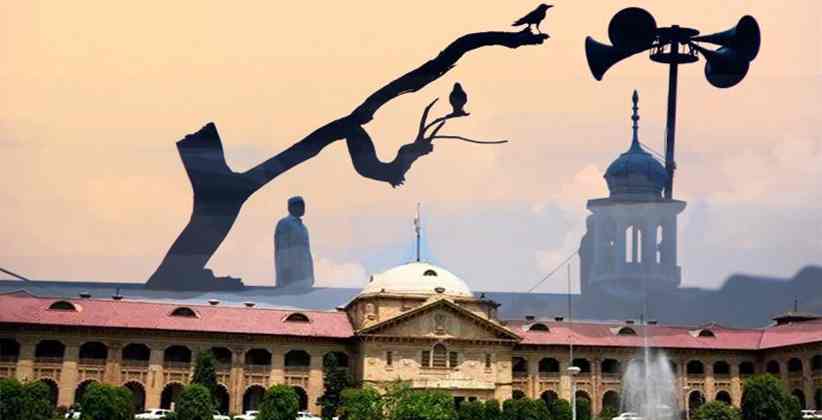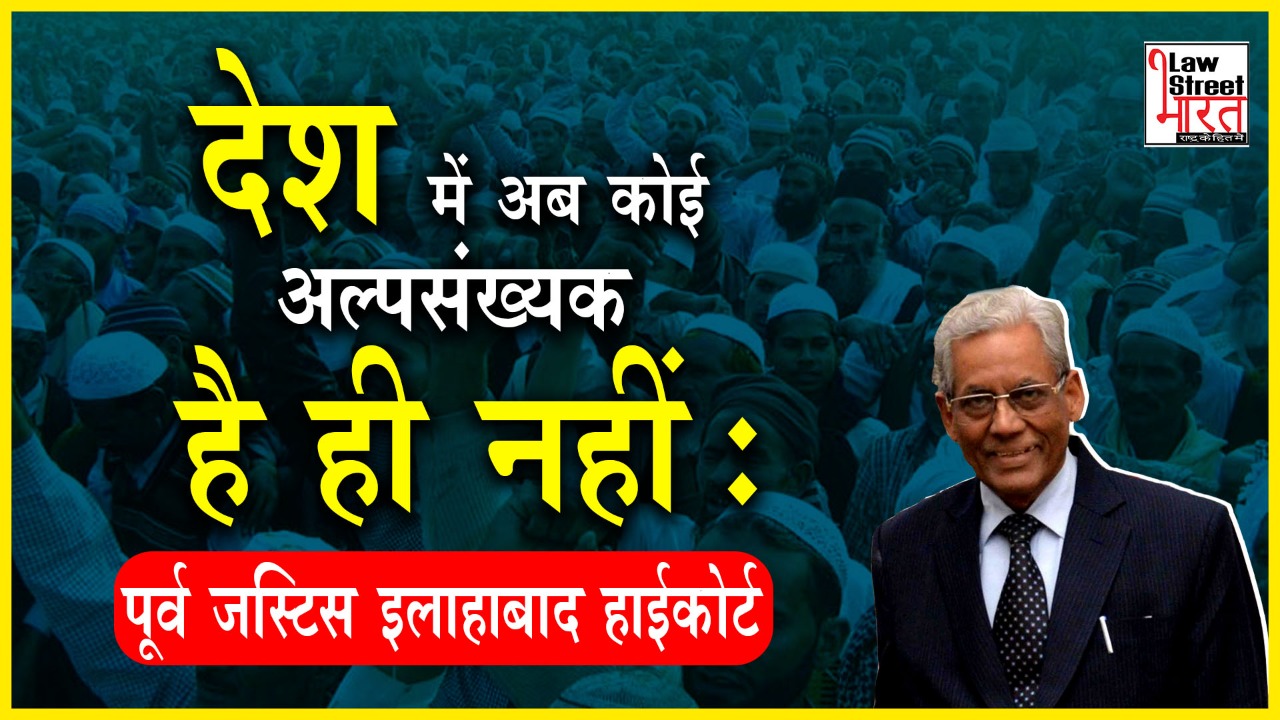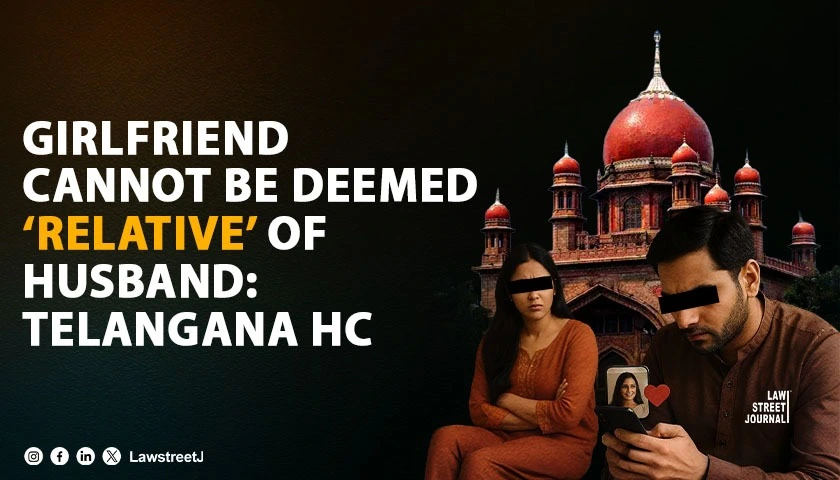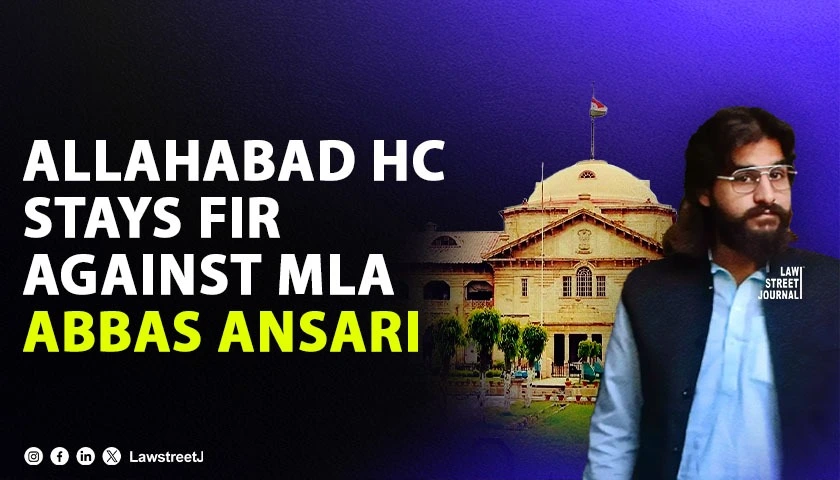On Thursday, April 30, 2020, the Allahabad High Court was set to hear a plea filed by Ghazipur MP Afzal Ansari on the ban on Azaan put by the district administration.
Asari in a letter to the court had claimed that an oral order was passed by District Magistrate prohibiting Azaan in the District.
The matter is now put forth for adjudication before Chief Justice Govind Mathur.
Use of Loudspeakers in religious practices: The question of Fundamental Rights:
A few years ago, singer Sonu Nigam caused an uproar after he tweeted against the use of loudspeakers for the early morning Azaan. His expression was followed by hate and several heated conversations over social media.
While Nigams tirade was not met well, in a previous matter (Church of God (Full Gospel) in India v. K.K.R. Majestic Colony Welfare Assn), the apex court had already upheld that, the court may issue directions to control noise pollution even if such noise results from any religious activities.
The judgment read - Undisputedly, no religion prescribes that prayers should be performed by disturbing the peace of others nor does it preach that they should be through voice amplifiers or beating of drums. In a civilized society in the name of religion, activities which disturb old or infirm persons, students or children having their sleep in the early hours or during daytime or other persons carrying on other activities cannot be permitted.
Moreover, it is established that the Right to Sleep is a fundamental right under article 21, and an adequate amount of sleep is required to maintain a healthy balance which is essential for survival. Further, to disturb one in his/her sleep is considered torture and is a gross violation of human rights.
Noise Pollution caused using Loudspeakers:
The provisions on noise pollution cannot be overlooked in the above debate. Rule 5 of the Noise Pollution (Regulation and Control) Rules, 2000 under the Environment (Protection) Act, 1986 reads:
No loudspeaker or public address system shall be used except when the Public authorities permit in written form.
Between 10:00 PM- 6:00AM no loudspeakers or public address system shall be used, except in closed premises.
Notwithstanding anything contained in sub-rule (2), the State Government may, subject to such terms and conditions as are necessary to reduce noise pollution, permit the use of loudspeakers or public address systems during night hours (between 10.00 p.m. to 12.00 midnight) on or during any cultural or religious occasion of a limited duration not exceeding 15 days in all during a calendar year.
Hence, although an ongoing religious practice, the use of loudspeakers in the performance of Azaan remains a debatable question.



!["No Loudspeakers For Azan, No Fundamental Right To Create Noise," Says Allahabad HC To Two Mosques [Read Judgment]](/secure/uploads/2020/01/lj_4995_Allahabad_HC_AZAN.jpg)







